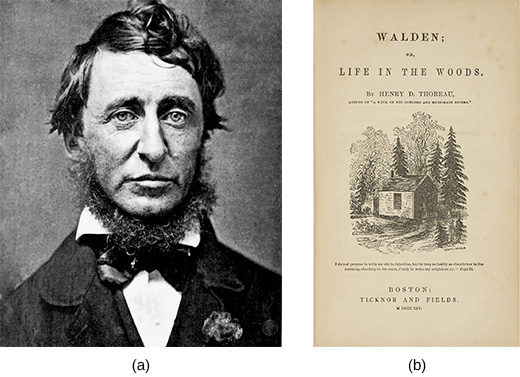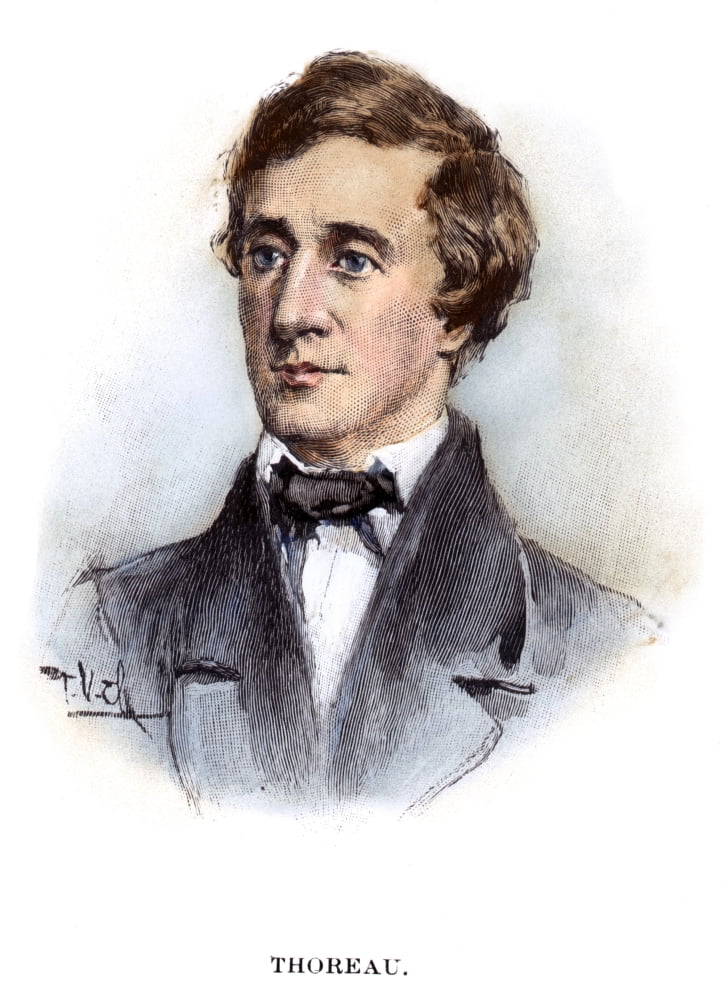



For King, his literary moment in the sun happened amongst the worst of circumstances. In addition to their work in adding to progressive thought, each man left behind a document that expressed revolutionary ideas that should be followed by all people. and Henry David Thoreau were two very different individuals that lived in two very different times, but each one of them contributed to history in substantial ways. This stay facilitates Thoreau's only meeting with Walt Whitman, when he and Bronson Alcott pay the poet a visit in Brooklyn.Īmong the newly published letters in Correspondence: Volume 2 are several examples of Thoreau's earliest.Martin Luther King, Jr. He becomes a corresponding member of the Boston Society of Natural History he lectures throughout New England he travels to Maine, Canada, and Cape Cod, which excursions become material for several essays and he surveys often, most commonly in Concord and environs, but also farther afield, including three weeks in November 1856 in Eagleswood, New Jersey, at the property of Marcus and Rebecca Spring's Raritan Bay Union community. Exchanges with publishers, editors, scientists, and admirers confirm both his rising stature and his increasing confidence in these multiple identities. Thoreau indeed comes into his own at this time -as an author to be sure, but as lecturer, surveyor, abolitionist, naturalist, and friend too. The extraordinary seven years spanned in Correspondence: Volume 2, as Robert Hudspeth emphasizes in the Historical Introduction, ind "Thoreau engaged in the activities that created the foundation of his modern reputation" (573), most notably, the publication of "Resistance to Civil Government" in 1849 and Walden in 1854. Correspondence, Volume 1: 1834-1848 (2013) included 163 letters when Correspondence, Volume 3: 1857-1862 appears, this series will present 646 total letters, all newly edited and annotated, each volume replete with general, historical, and textual introductions and rigorous editorial apparatus (567). Especially exciting for Thoreauvians are over 40 letters to and from Thoreau that are published here for the first time.

This second of three volumes in the Princeton University Press scholarly edition of the complete letters compiles the 246 extant epistles written to and received by Thoreau during seven pivotal years in his life-half are those Thoreau sent to 48 different recipients, the others those he received from 56 correspondents (628). Thoreau, Volume 2: 1849-1856 repeatedly dispels that selfcritique. In over one hundred letters, not least in the twentyeight of those sent to Blake himself, The Correspondence of Henry D. "I confess that I am a very bad correspondent," Henry Thoreau apologizes to Harrison Gray Otis Blake in December 1854 (283). Princeton: Princeton University Press, 2018. Hudspeth, with Elizabeth Hall Witherell and Lihong Xie.


 0 kommentar(er)
0 kommentar(er)
